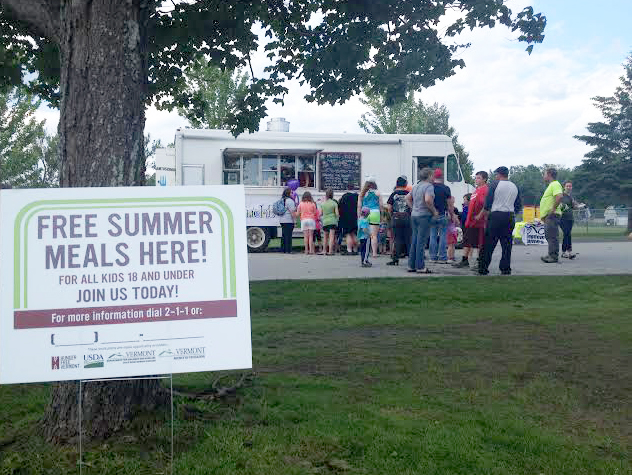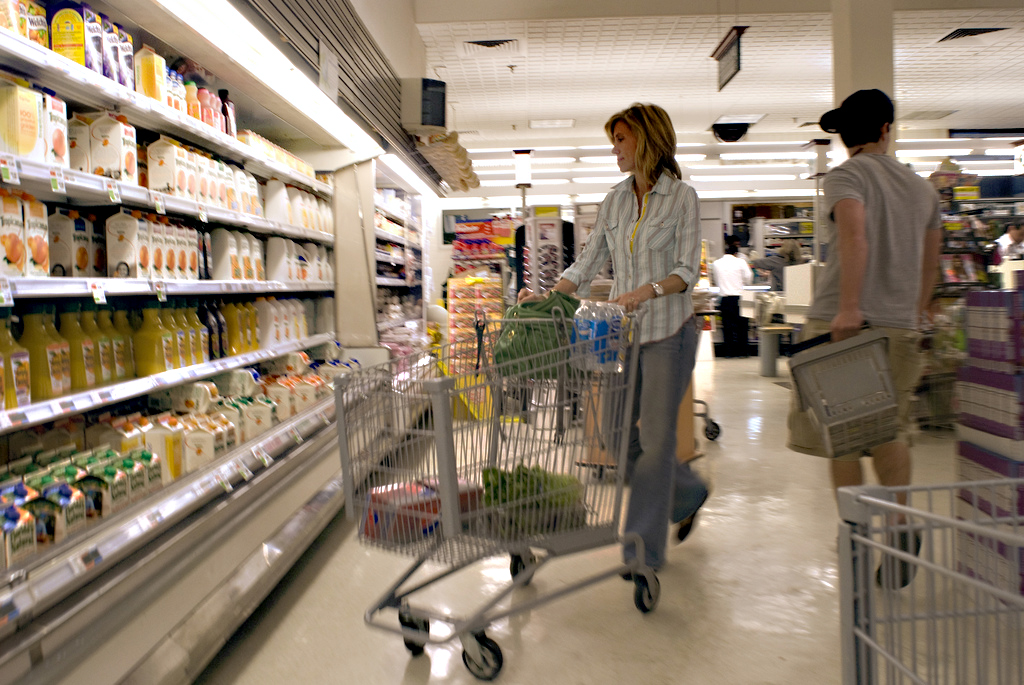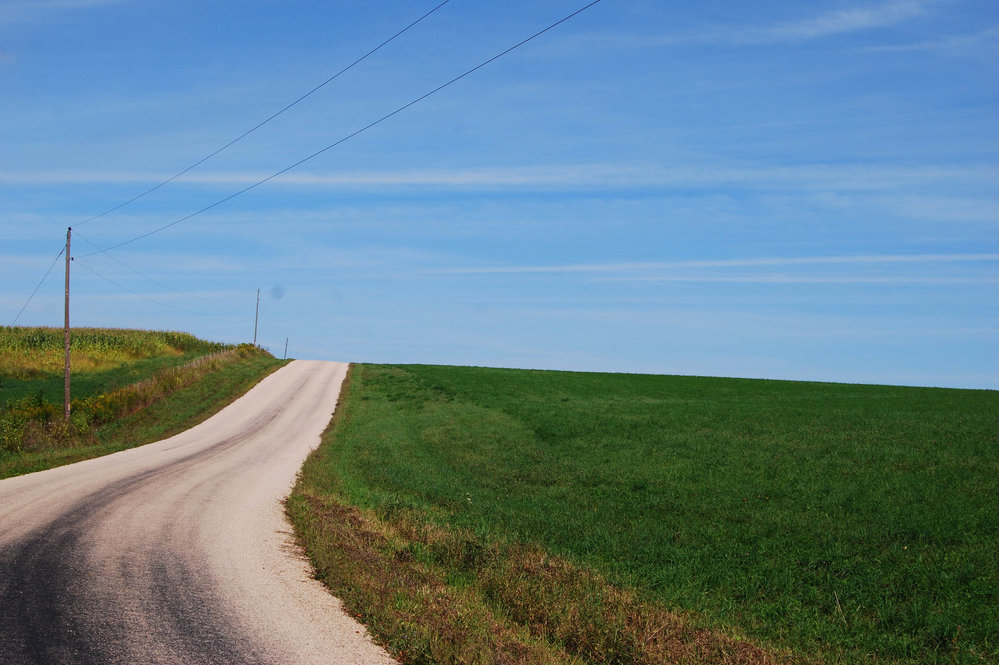Better cooperation between nations’ farming and forestry sectors will help reduce deforestation and improve food security, according to a new United Nations report.
The report shows that the greatest net loss of forests and net gain in agricultural land between 2000-2010 occurred in low income countries, where rural populations were growing.
The findings have been published in the UN Food and Agriculture Organization’s (FAO) State of the World’s Forests (Sofo), a biennial report that provides data to help inform policymakers and decision-makers.

Photo: Flickr














